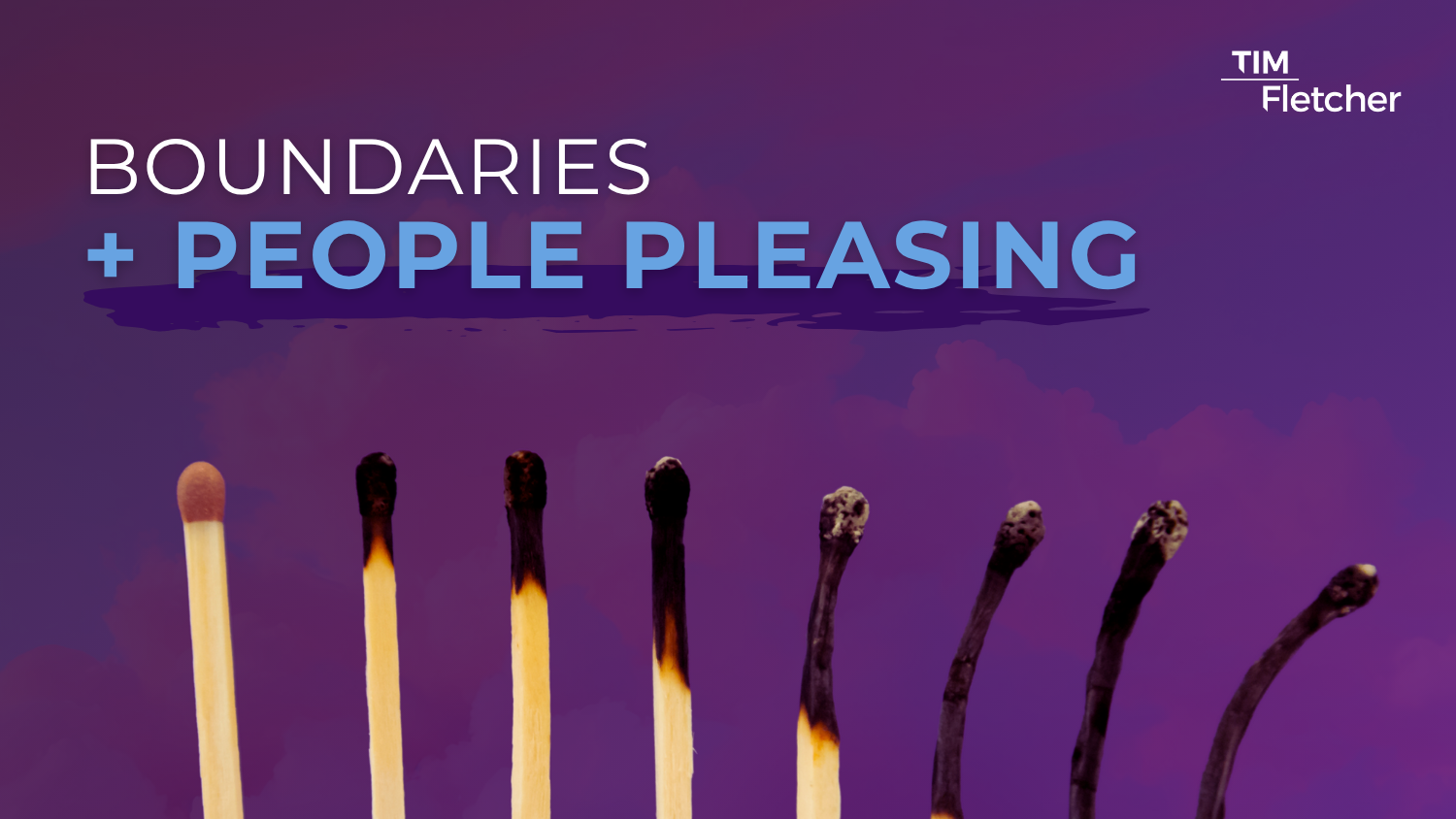Escaping to Fantasy and How Complex Trauma Fuels the Need for an Escape
Complex trauma, a result of prolonged or repeated exposure to traumatic events, can deeply shape how we experience the world. For many people, the effects of complex trauma are pervasive, often leading to a constant struggle with negative emotions, intrusive memories, and a skewed sense of self. One of the coping mechanisms that can emerge from complex trauma is the tendency to escape into fantasy.
In this article, we’ll explore how complex trauma can drive individuals to seek refuge in fantasy worlds and daydreams, the impact of this escape on mental health, and practical ways to find healthier coping strategies.
What is Complex Trauma?
Complex trauma refers to the exposure to prolonged or repeated traumatic events, often in childhood, such as abuse, neglect, or living in an unstable environment. Unlike a single traumatic incident, complex trauma is ongoing and can be cumulative, leading to profound effects on emotional regulation, trust, and the ability to form healthy relationships. It affects a person’s sense of self, the way they perceive others, and how they respond to stress and conflict.
For those living with complex trauma, healing can be more challenging because the impact is deep-rooted, often causing ongoing emotional pain and a sense of powerlessness.
Why Do People with Complex Trauma Want to Escape to Fantasy?
For many people affected by complex trauma, the world can feel overwhelmingly unsafe, unpredictable, or downright hostile. When reality becomes too difficult to bear, escaping into a fantasy world can provide a temporary sense of safety and control. Here are some common reasons why those with complex trauma might retreat to fantasy:
Control: Fantasy offers a world where things can be controlled. In contrast, trauma often involves feelings of powerlessness. Fantasy becomes a mental refuge where one can experience agency over their environment and emotions.
Safety: In a world of trauma, safety is often compromised. In contrast, fantasy offers a realm where safety is guaranteed, and distressing thoughts or feelings can be avoided.
Self-Esteem: Complex trauma can lead to feelings of inadequacy or self-doubt. Fantasy worlds often allow individuals to imagine themselves as powerful, successful, or loved — offering a break from their real-life struggles.
How Does Escaping to Fantasy Affect Mental Health?
While fantasy may provide short-term relief, it can have long-term consequences if it becomes a primary coping mechanism. Here’s how excessive escapism can affect mental health:
Avoidance of Reality: Continual escapism can lead to avoidance of real-life challenges, preventing the person from addressing their emotional pain or unresolved trauma.
Disconnection from the Present: Prolonged engagement in fantasy can create a disconnect from the present moment, causing the individual to feel isolated and detached from relationships and activities around them.
Frustration and Dissatisfaction: The larger the gap between a person’s fantasy world and reality, the more frustration they may feel. Unrealistic expectations can lead to feelings of dissatisfaction and a sense that life is unfulfilling.
Practical Strategies for Managing the Desire to Escape
Escaping into unhealthy fantasies might not provide a permanent solution, but there are healthier ways to manage this impulse. Here are some practical strategies to shift away from fantasy and back into the present:
1. Grounding Techniques
Grounding exercises are powerful tools to bring you back to the present moment. They help you reconnect with your body and the physical world around you. Here are a few grounding techniques to try:
5–4–3–2–1 Exercise: Name 5 things you can see, 4 things you can touch, 3 things you can hear, 2 things you can smell, and 1 thing you can taste. This simple exercise helps pull your mind away from distractions and refocuses it on the here and now.
Deep Breathing: Focus on your breath, breathing in slowly through your nose, holding for a moment, and then exhaling deeply. This calms your nervous system and reduces the impulse to escape into your thoughts.
2. Build Emotional Awareness
Instead of avoiding painful emotions, learn to recognize and accept them. Journaling can be a helpful tool for this, allowing you to express your feelings on paper and process them in a safe space. By acknowledging emotions rather than escaping them, you can begin to make sense of the trauma and reduce its control over your thoughts.
3. Create Safe and Healthy Escapes
Escaping into unhealthy fantasies might not provide a permanent solution, but you can create healthy, productive alternatives to cope with stress. For example:
Creative Activities: Writing, drawing, or playing an instrument can offer an enjoyable outlet for your emotions. These activities allow you to express yourself without retreating into unrealistic fantasies.
Physical Activity: Exercise is a proven way to release stress and clear your mind. Whether it’s going for a run, practicing yoga, or dancing, physical movement helps you reconnect with your body and the present moment.
4. Mindfulness and Meditation
Mindfulness is the practice of staying present and fully engaging with your current experience. Mindfulness techniques, like body scans or guided meditations, help train your mind to focus on the here and now, reducing the urge to escape into fantasy. Apps like Headspace or Calm offer guided meditations specifically designed for trauma survivors.
Sarah’s Journey from Fantasy to Reality
Sarah, a woman in her late 30s, grew up in an unstable household where she was frequently emotionally neglected. As an adult, Sarah found herself often retreating into a fantasy world where she could be someone else — someone loved, valued, and in control. She would often daydream about a life where everything was perfect and nothing could hurt her.
However, Sarah began to notice that as she spent more time in these fantasies, her real life felt less and less fulfilling. She struggled to form connections with others and often felt disconnected from her emotions. Her work performance suffered, and her relationships were strained.
After seeking therapy and completing the align with your needs course, Sarah learned grounding techniques and began practicing mindfulness. She also started journaling to express her emotions. Over time, she found herself less drawn to fantasy and more capable of facing the challenges of real life. By acknowledging her trauma and taking small steps toward healing, Sarah was able to start living more authentically and find peace within herself.
Why Is It Important to Understand the Characteristics of Complex Trauma?
Understanding complex trauma goes beyond recognizing its effects on behavior; it involves uncovering the full range of symptoms and patterns that stem from traumatic experiences. One way to truly grasp the depth of complex trauma is by exploring the 60 characteristics that are commonly associated with it.
By learning about these characteristics, you can begin to identify the signs of complex trauma in yourself or others. This awareness can be a powerful tool for healing, as it helps you understand the emotional, mental, and behavioral patterns that may be contributing to your struggles.
Discover the 60 Characteristics of Complex Trauma
Healing from complex trauma is not about escaping; it’s about embracing the present, processing the past, and building a future that aligns with your true self. Understanding the full scope of complex trauma and its impact on your life is essential for beginning the journey toward healing.
To dive deeper into this topic, we encourage you to explore the 60 characteristics of complex trauma — a comprehensive guide to understanding the myriad ways trauma can shape our lives. Learning about these characteristics can empower you to take the next step toward healing and create lasting change in your emotional and mental well-being.
Read more to discover how these traits may influence your life and begin your journey toward reclaiming control over your present and future.








































